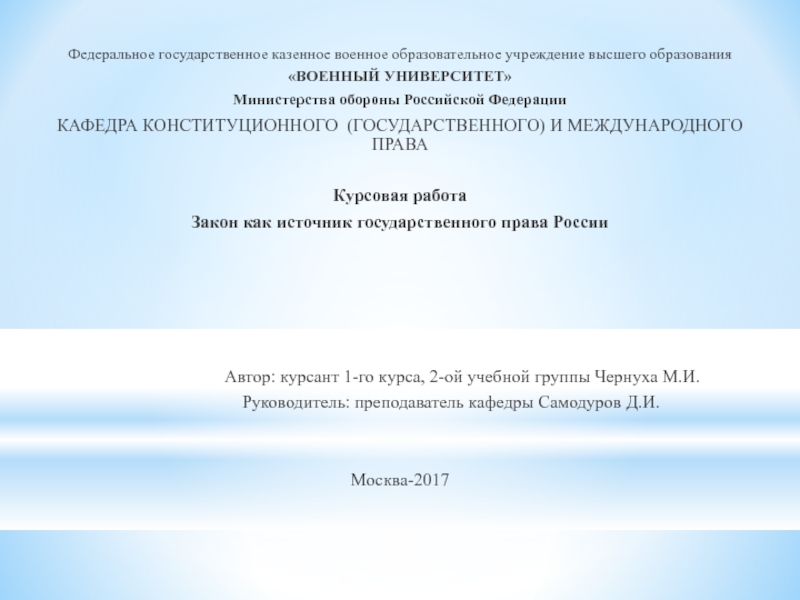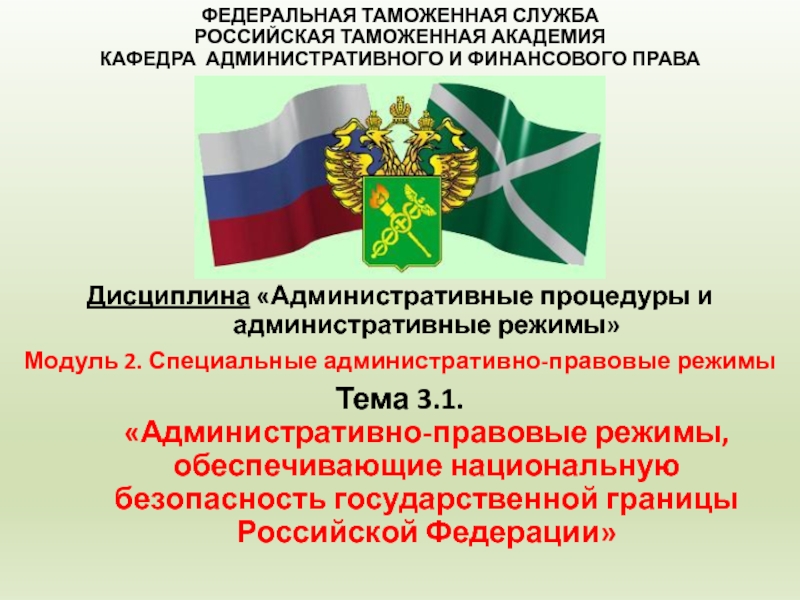- Главная
- Разное
- Дизайн
- Бизнес и предпринимательство
- Аналитика
- Образование
- Развлечения
- Красота и здоровье
- Финансы
- Государство
- Путешествия
- Спорт
- Недвижимость
- Армия
- Графика
- Культурология
- Еда и кулинария
- Лингвистика
- Английский язык
- Астрономия
- Алгебра
- Биология
- География
- Детские презентации
- Информатика
- История
- Литература
- Маркетинг
- Математика
- Медицина
- Менеджмент
- Музыка
- МХК
- Немецкий язык
- ОБЖ
- Обществознание
- Окружающий мир
- Педагогика
- Русский язык
- Технология
- Физика
- Философия
- Химия
- Шаблоны, картинки для презентаций
- Экология
- Экономика
- Юриспруденция
What is law презентация
Содержание
- 1. What is law
- 2. WHAT IS LAW?
- 3. LAW The law - normative act adopted
- 4. SIGNS OF THE LAW INCLUDE THE FOLLOWING:
- 5. KINDS OF LAWS ON THE LEGAL FORCE:
- 6. Classification of law can be carried out
- 7. "LEGISLATION - A WHOLE SET OF LAWS
- 8. LAWS DIVIDED INTO: Constitution, constitutional (organic) Among
- 9. CONSTITUTION AS THE FUNDAMENTAL LAW OF THE
- 10. 1. The primary law of the
- 11. CONCLUSION Laws - regulations adopted by the
Слайд 1MINISTRY OF EDUCATION AND SCIENCE OF THE KYRGYZ REPUBLIC
KYRGYZ-RUSSIAN SLAVIC UNIVERSITY
LAW
PROJECT
THEME: «WHAT IS LAW?»
Done by: Tairova Parizat, FS-2-16
Checked by: Volkotrubova A.V., Ph.D
Bishkek 2017
Слайд 3LAW
The law - normative act adopted in a special manner the
Слайд 4SIGNS OF THE LAW INCLUDE THE FOLLOWING: - IT SHALL BE MADE
Слайд 5KINDS OF LAWS ON THE LEGAL FORCE:
1) The Constitution (the law
Слайд 6Classification of law can be carried out for various reasons: - the
Слайд 7"LEGISLATION - A WHOLE SET OF LAWS IN FORCE IN THE
Considering the law as a normative legal act - a source of law, it is necessary to distinguish it from other legal acts:
First, from individual acts, ie acts containing specific prescriptions for specific, "one-off" issues such as appointment, assignment to transfer the property (such individual prescriptions are sometimes found in the laws dealing with, say, privatization, governance issues);
Secondly, by interprets acts, acts of interpretation, ie acts in which an explanation is given only to the existing rules, but the new rules are established (such acts in the majority of cases have other names, such as "Resolution", "explanation").
The laws in a democratic state should take the first place among the sources of law, be the basis of the entire legal system, rule of law, good law and order.
Слайд 8LAWS DIVIDED INTO:
Constitution, constitutional (organic)
Among the constitutional laws are above all
The ordinary
Ordinary laws - it acts of the current legislation on various aspects of economic, political, social, and spiritual life of society. They, like all laws, have the highest legal force, but they must comply with the Constitution, constitutional laws. Ordinary laws, in turn, are divided on the codification and current
Слайд 9CONSTITUTION AS THE FUNDAMENTAL LAW OF THE STATE
The concept of "constitution"
Слайд 10
1. The primary law of the state and society Constitution, unlike
















